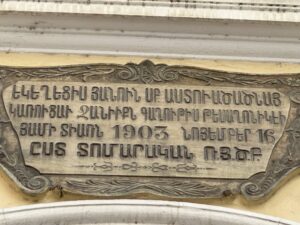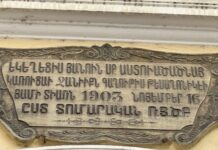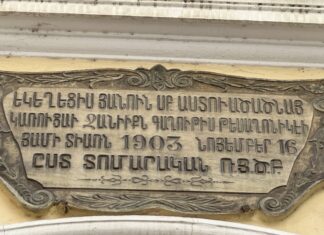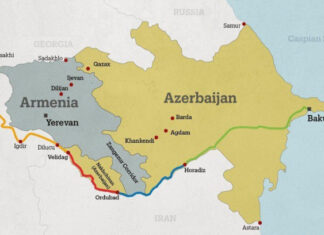The European Court of Human Rights (ECHR) ruled on Tuesday, October 22, that Turkey had violated the right to a fair trial of 10 judges and prosecutors.
The court found that Turkey’s Supreme Board of Judges and Prosecutors (HSYK) failed to provide sufficient procedural safeguards, such as formal hearings, rules for evidence and detailed reasoning in its decisions regarding the 10 applicants, undermining the applicants’ right to a fair hearing.
The case, Şişman and Others v. Turkey, involved 10 judges and prosecutors who were involuntarily transferred to other cities or, in one instance, demoted in the same city. These transfers occurred between 2014 and 2015 through a series of decisions by the HSYK.
In one instance, applicant İlker Çetin was transferred without his consent from the office of the chief public prosecutor in Diyarbakır to a deputy role in Uşak and later demoted to a public prosecutor position in the same city. Another applicant, Ahmet Karaca, had requested a transfer to a location closer to his sick mother. While his request was partially granted, the applicants claimed the process lacked transparency and fairness, highlighting broader procedural issues in the HSYK’s handling of transfers.
The Turkish government contested the ECHR’s jurisdiction, arguing that the applicants did not explicitly request access to a court during the domestic proceedings and that the decisions were administrative matters outside the purview of Article 6. It also claimed that following an attempted coup in 2016, the applicants were dismissed due to alleged affiliation with the Gülen movement, considered responsible for the coup attempt by the Turkish government, justifying the exclusion of judicial review on national security grounds.
The ECHR rejected these arguments, emphasizing that the HSYK could not be considered a “tribunal” due to the procedural shortcomings in its process. The court referenced its own precedents, including the Bilgen and Eminağaoğlu cases, to support the view that the absence of a fair procedure rendered the HSYK’s decisions invalid under the European Convention on Human Rights’ (ECHR) standards.








